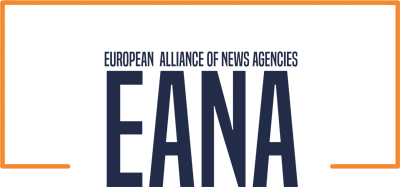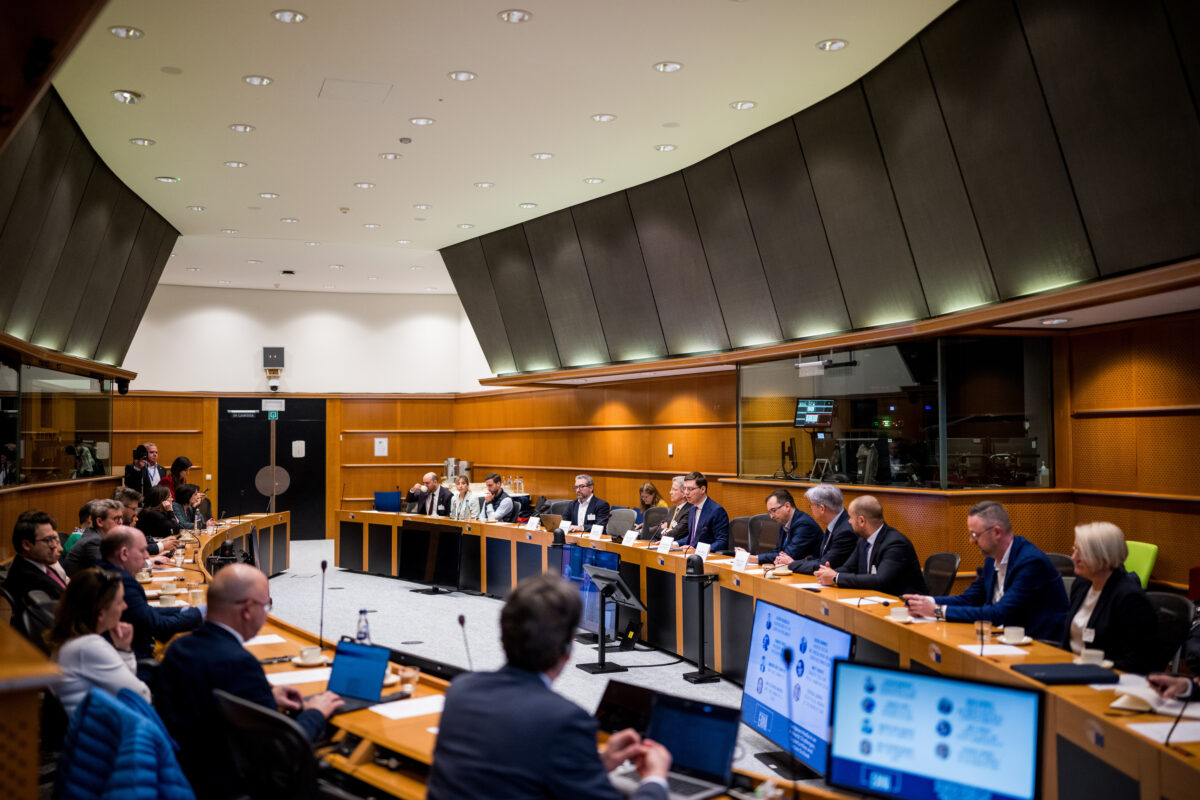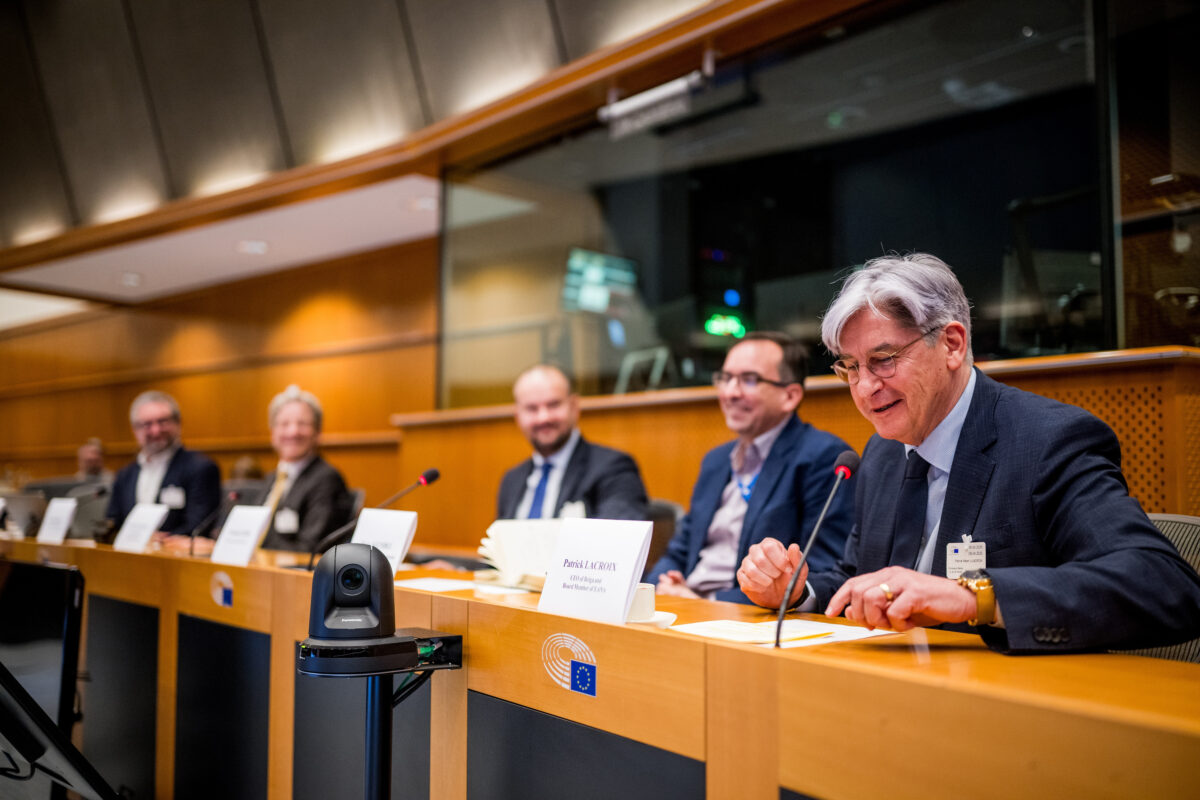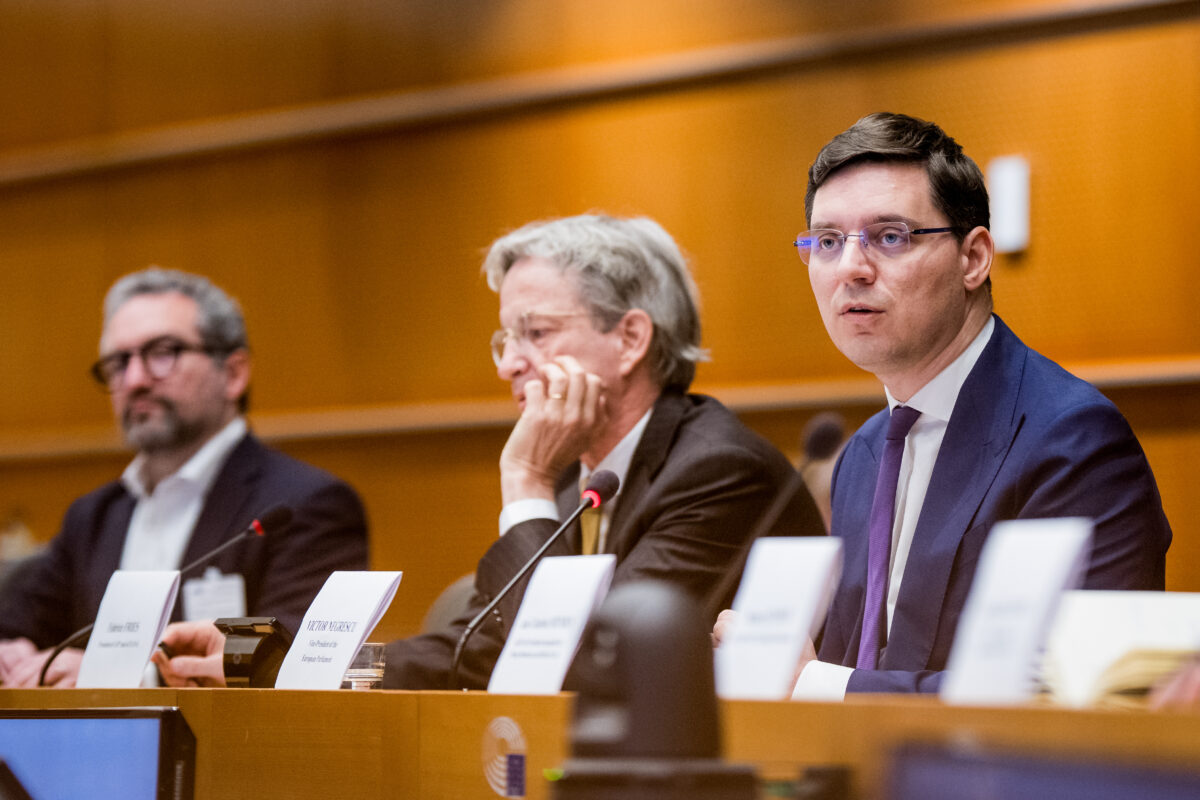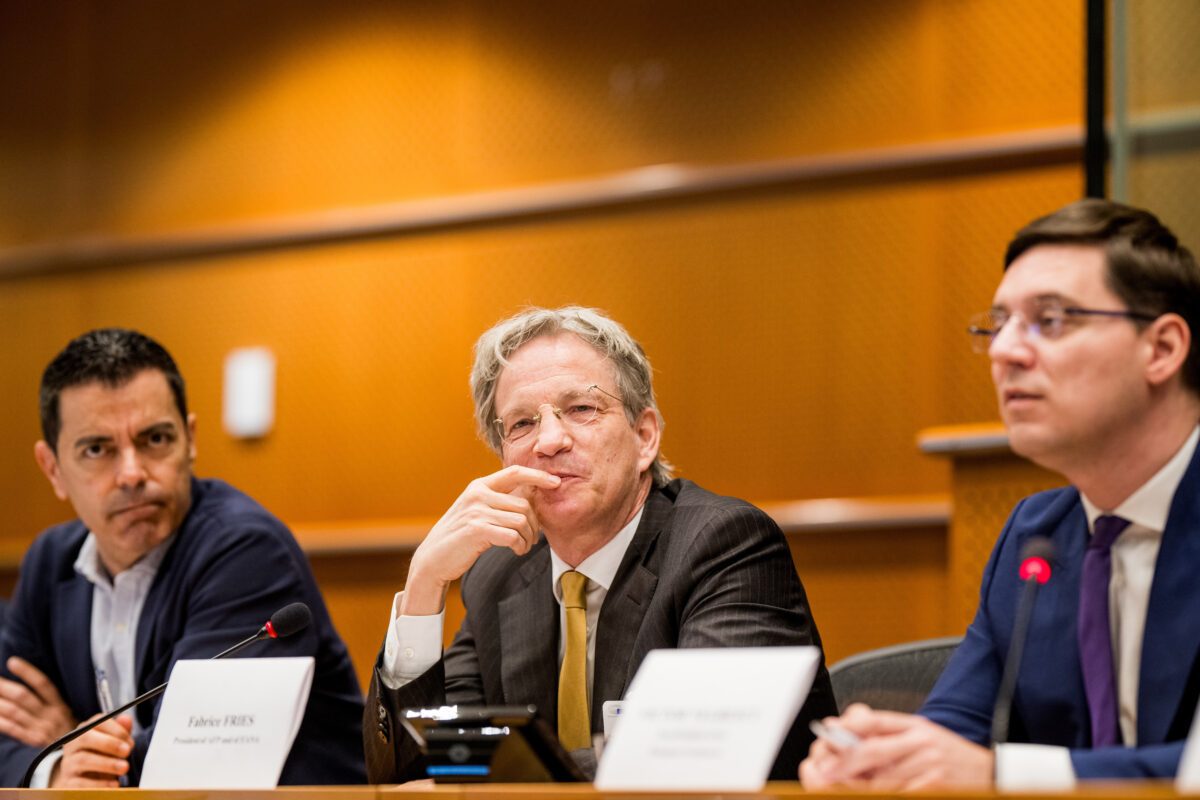EANA Brussels Conference on AI: The President of the European Alliance of News Agencies urges EU legislators to apply the copyright rules the EU already has in place, underlines importance of news agencies
In a landmark gathering at the European Parliament, leading voices from the European media sector, technology policy, and legislative bodies have met for a high-level exchange on the future of journalism, artificial intelligence, and the European information ecosystem.
Hosted by Victor Negrescu, Vice-President of the European Parliament, the event framed the current moment as not only a time for dialogue, but for decisive action.
Fabrice Fries, President of the European Alliance of News Agencies (EANA) and CEO of Agence France-Presse (AFP), delivered a stark keynote, describing AI as the “third major revolution” in journalism, following the Internet and social media. This time, however, the stakes are higher.
“Generative AI threatens to strip the media of its main domain of control - the production of news information itself,” Fries warned. “The pace of change is staggering. AI is already generating content that, while imperfect, is ‘good enough’ for much of the public—and that is precisely the danger.”, added the President of EANA. He identified three critical risks: collapsing revenue models as AI-generated summaries replace original articles; hyper-personalized AI-driven content that bypasses media brands; and a deluge of synthetic misinformation that erodes public trust and contaminates the AI models themselves, leading to a “doomsday scenario when AI is eating itself”.
“Our association of European news agencies leads the fight for the respect of intellectual property by Big Tech.”, said Fabrice Fries, adding that “a serious discussion should now be held on applying press neighboring rights to AI actors who train their models using press content”.
Fabrice Fries called for immediate legislative enforcement of copyright, stressing that new laws were not necessarily required, but the implementation of the existing laws had to be strengthened.
“Big Tech is polluting the information space. They should bear the burden of identifying AI-generated content and repairing the damage, not taxpayers,” he stated, mentioning, in the end, that “the ultimate goal of these battles is to ensure that high-quality information remains accessible to the widest audience, preventing it from becoming exclusive to an elite while the majority is left with only cheap news and fake news.”
In a compelling address, closing the conference’s works, Patrick Lacroix, CEO of Belga and EANA Board member, expanded on the existential nature of the challenge:
“What is at stake is relevance. AI is currently reshaping how people consume news. We're moving from clicks and feeds to summaries and prompts. News rewritten by a bot, context flattened, sources erased, attribution…optional. ”, stated Patrick Lacroix. He also condemned the current draft of the Code of Practice for General Purpose AI, warning that it weakens EU legal protections by replacing obligations with vague assurances. He called for:
- Full dataset transparency (full URLs, not just domains)
- Real opt-out tools, “usable by real people, by real businesses” beyond outdated technologies like robots.txt.
- Licensing obligations for all protected media content used in AI training
- No exemptions for small and medium enterprises, because "responsibility doesn’t scale with size”.
- Support for media innovation and trusted AI ecosystems, “from AI-powered monitoring tools for disinformation, as we talked about, to multilingual workflows to create a EU media ecosystem, and so much more”.
In the end, Patrick Lacroix called for the new AI office to be equipped to audit and enforce, and not just to “file reports”.
The event also featured important contributions from Members of the European Parliament Ana Catarina Mendes, Marcos Ros Sempere, and Nikos Papandreou, as well as from Diego Agundez, Head of Sector for News Media / Multimedia at the European Commission’s DG Connect. Matt Hervey, Head of Legal & Policy at Human Native, brought in an expert’s views on the regulatory challenges of copyright.
